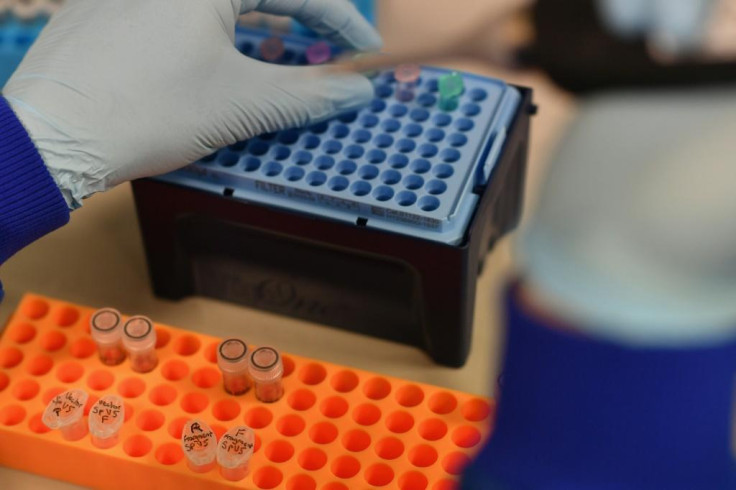New automated coronavirus rapid testing method to free up hospital facilities
It has been recorded that on average, patients stayed in coronavirus holding wards for a period of 58.5 hours at its longest and as short as 30 hours.
Healthcare facilities around the world were ill-equipped to handle the influx of COVID-19 patients in the early days of the 2019 novel coronavirus outbreak. Even until now, most hospitals are operating at more than full capacity as new cases are surfacing due to the lifting of restrictions. In addition to people who are admitted, many who take up space and manpower are those who undergo tests for coronavirus. Now, a new automated testing machine called the Samba II would help reduce the average waiting time for results.
While there have been rapid testing kits used in the past, researchers worry about the accuracy of its results. Studies show that these only show a positive result when the viral load is already high. This means the patients are already experiencing mild to severe symptoms of the disease. More accurate methods normally take longer, which requires hospitals to keep people in holding wards until their results come back.
It has been recorded that on average, patients stayed in coronavirus holding wards for a period of 58.5 hours at its longest and as short as 30 hours. Trials conducted at the Addenbrooke's Hospital in Cambridge, show that the Samba II system can correctly diagnose if an individual has COVID-19 in approximately 90 minutes only. Hence, experts overseeing the use of the devices believe that it "could make all the difference."
"The backlog of routine operations and screenings as a result of the pandemic is a huge issue, and must be resolved ahead of winter, when the NHS will face even more pressure from other infections like norovirus and influenza," said Cambridge Institute of Therapeutic Immunology and Infectious Diseases and lead author of the study Professor Ravi Gupta.

In previous testing methods, where nasal or throat swabs sent to special labs for diagnosis are often delayed due to backlogs. In contrast, the Samba II can provide results quicker and in theory, allow hospitals to treat other patients and free up space in SARS-CoV- 2 holding wards. This would be advantageous to medical personnel who are overwhelmed. The machines are developed by Diagnostics for the Real World, a subsidiary of the University of Cambridge.
© Copyright IBTimes 2025. All rights reserved.





















